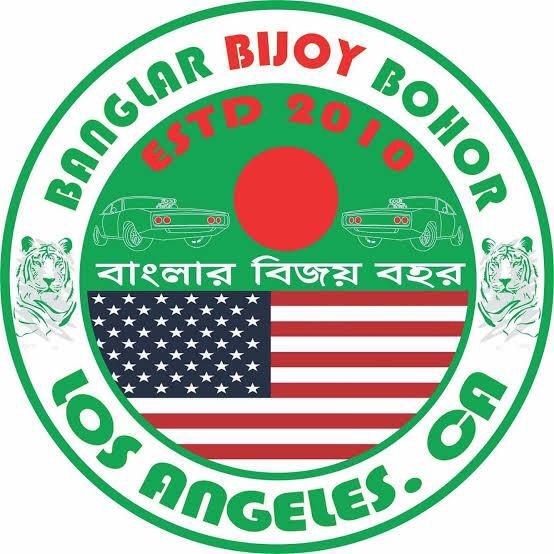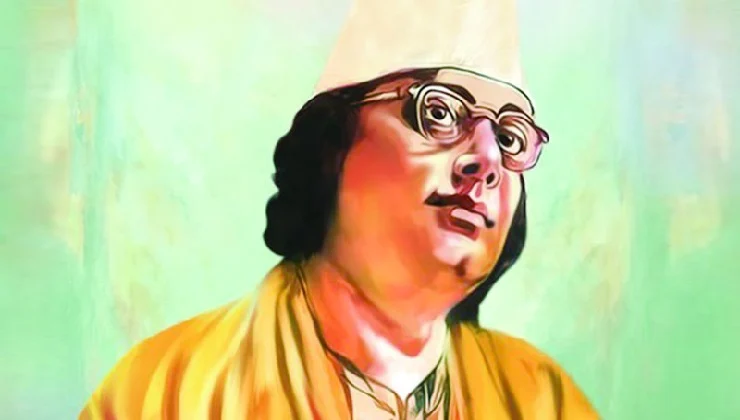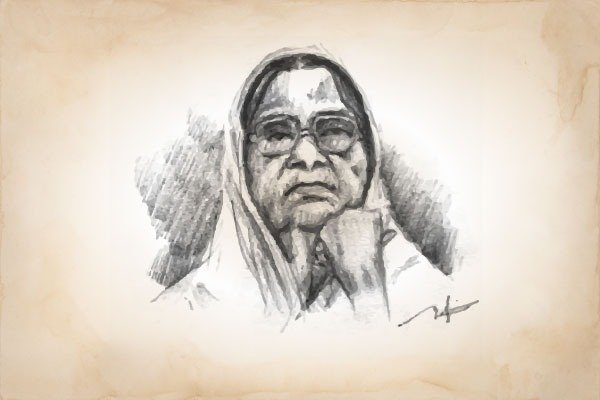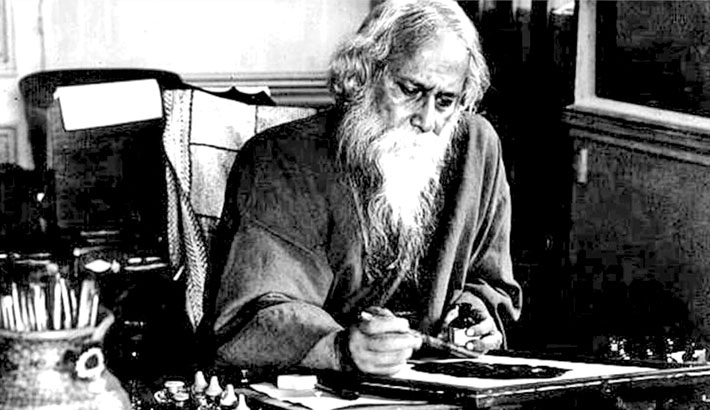Sheikh Mujibur Rahman, fondly known as “Bangabandhu” (Friend of Bengal), is revered as the founding father of Bangladesh. His journey from a passionate student activist to the architect of an independent nation is a tale of resilience, vision, and unwavering commitment to his people’s cause. Born on March 17, 1920, in Tungipara, a village in the Gopalganj district, Sheikh Mujib’s early life was marked by his involvement in various political movements against British colonial rule.
Sheikh Mujibur Rahman’s political career began in earnest when he joined the All India Muslim Students Federation in 1940. His leadership qualities quickly became evident, and he played a pivotal role in the formation of the Awami League in 1949. The party was initially aimed at addressing the rights of the Bengali people within the framework of Pakistan, which had been created in 1947. However, the systemic discrimination and exploitation faced by the Bengali population soon made it clear that a more radical solution was needed.
The turning point came in 1966 when Sheikh Mujib presented the Six-Point Movement, a comprehensive plan demanding greater autonomy for East Pakistan (now Bangladesh). This proposal was seen as a direct challenge to the Pakistani government, and Sheikh Mujib was subsequently imprisoned. However, his resolve only strengthened, and he emerged as the undisputed leader of the Bengali nationalist movement. The 1970 general elections saw the Awami League win a landslide victory in East Pakistan, setting the stage for a confrontation with the ruling authorities in West Pakistan.
The refusal of the Pakistani government to transfer power to the elected representatives of East Pakistan led to widespread unrest and, ultimately, the declaration of independence by Sheikh Mujib on March 26, 1971. The ensuing Liberation War, which lasted nine months, was marked by immense hardship and loss of life. However, with the support of the Indian military and the unwavering spirit of the Bengali people, Bangladesh emerged as an independent nation on December 16, 1971. Sheikh Mujibur Rahman’s dream had finally been realized, and he became the first President of Bangladesh.
Despite his pivotal role in the creation of Bangladesh, Sheikh Mujib’s tenure as the nation’s leader was fraught with challenges. The war had left the country in ruins, and the task of rebuilding was immense. Economic struggles, political unrest, and natural disasters compounded the difficulties. Nevertheless, Sheikh Mujib remained committed to his vision of a prosperous and democratic Bangladesh. His efforts to establish a one-party system through the creation of the Bangladesh Krishak Sramik Awami League (BAKSAL) were controversial and led to increased political tension.
Tragically, Sheikh Mujibur Rahman’s life was cut short on August 15, 1975, when he and most of his family members were assassinated in a military coup. His death left a profound void in the nation, but his legacy as the Father of the Nation endures. Today, his contributions are commemorated annually on his birthday, and his ideals continue to inspire generations of Bangladeshis who strive to build a nation that upholds the principles of justice, equality, and freedom that Sheikh Mujib so passionately championed.




